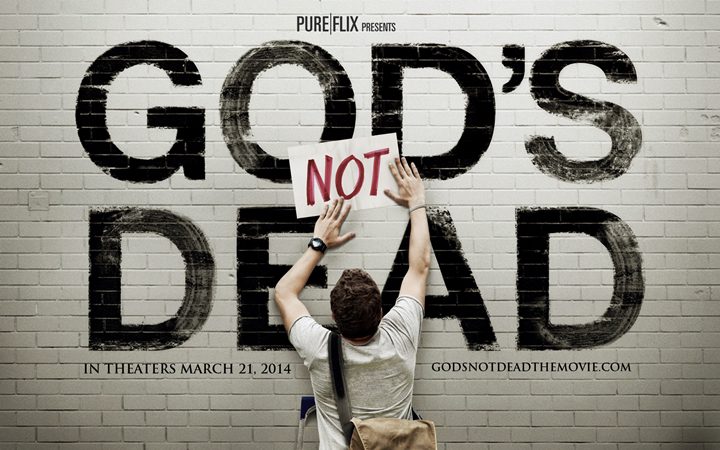Major Deborah Flagg –
It took me three days to read John Irving’s novel, A Prayer for Owen Meany. I read the last few pages slowly, savoring the richly textured world that had held me captive through a couple of sleepless nights. As I came to the end, I realized it was not so much the imaginary world I hated to leave, but Owen Meany, who had become my hero. To this day, I think about him: a darkly comic character, unusually tiny–a miniature person with wispy hair, translucent skin and a broken voice. I puzzle over why he compels me and why his short, miraculous, intensely dramatic life is so real and so utterly heartbreaking.
I was hooked on Owen from the first page when Johnny Wheelwright, his best friend and the novel’s narrator, acknowledges that Owen is the reason he believes in God. “I am a Christian because of Owen Meany,” he says. He confesses that even though he is a “lukewarm” Christian, “What faith I have I owe to Owen Meany . . . It is Owen who made me a believer.” Now, to me that is heroism par excellence. And if I could add my testimony to Johnny’s, I would say that because of Owen, as quirky and minuscule as he is, I see Jesus a little better, and the cross, and the fierce, unreasonable love that became Christ’s sacrifice for us.
Owen is inescapable; you can ignore him, but only to your detriment. From his role as “the little Lord Jesus” in the Christmas pageant to his tiny but imposing “Ghost of the Future” in Dickens’ Christmas Carol, Owen is pure presence. And that voice! We must pay attention to its authority; we must take it absolutely seriously because EVERY WORD THAT OWEN EVER SAID is enshrined in capital letters.
Owen is scandalous. Wearing a thin covering of granite dust from his father’s quarry, Owen moves through his world as one who does not quite belong, one who is too light, too mysterious, too shot-through with truth to be at home here.
Unmasking and denouncing the sins of a “morally exhausted” society, Owen moves toward a destiny that is his because of FAITH. Owen’s single-minded faith is a vivid reminder of how hard it is to find real faith on earth.
Owen is absurd–irresistibly foolish and at times almost hilarious. His behavior is exaggerated and unpredictable. His pronouncements are bold and declarative. In a voice that would make hair stand on end, Owen instructs those who will listen in his peculiar but compelling brand of discipleship. “A tiny but fiery god, sent to adjudicate the errors of our ways,” Owen causes his friends to wonder at times just how human he really is.
Inescapable, scandalous and absurd. These words describe the complex character of Owen Meany and partially account for his powerful cumulative effect. But there is more going on here, things difficult to describe and categorize. Owen sets up vibrations within us that lead to another reality–the inescapable, scandalous and absurd reality that is Jesus, his suffering and sacrifice, a reality with the cross at its center.
What could be more inescapable than the presence of Jesus and the laser-like focus of his life and ministry? What could be more scandalous than God as crushed and broken victim? What could be more absurd than the apparent failure and foolishness of Jesus, “spindle-shanked and crackpot” strung out on a cross? Why, after all the telling, does this story still compel us and disturb us and in the end save us? Owen Meany didn’t say this but I’ll put it in capital letters anyway: IT IS ONLY THROUGH THE LOVE OF A GOD WHO WOULD BECOME FOOLISH AND SCANDALOUS AND HUMBLE EVEN UNTO DEATH THAT WE WHO ARE SO ABSURD AND BROKEN CAN BE MADE WHOLE. Oh Jesus, keep us near that cross.
Owen Meany, for all his charm, is a flawed character, as all things in this world are flawed. He came from a deeply disturbed family and became a victim of the dark forces that twist our world out of shape. Yet, God often chooses foolish and flawed things to show us the way. He chose suffering, and death and the cross to point the way to Easter morning. “For God’s foolishness is wiser than human wisdom, and God’s weakness is stronger than human strength.”
John Wheelwright was always saying prayers for Owen Meany, and in the end his anguished prayer was simply, “O God, please give him back! I shall keep asking you.” This prayer for Owen leads to a prayer for us, but our prayer has a cross at its center: “O God, please bring us back, please keep bringing us back! We shall keep asking you.”











